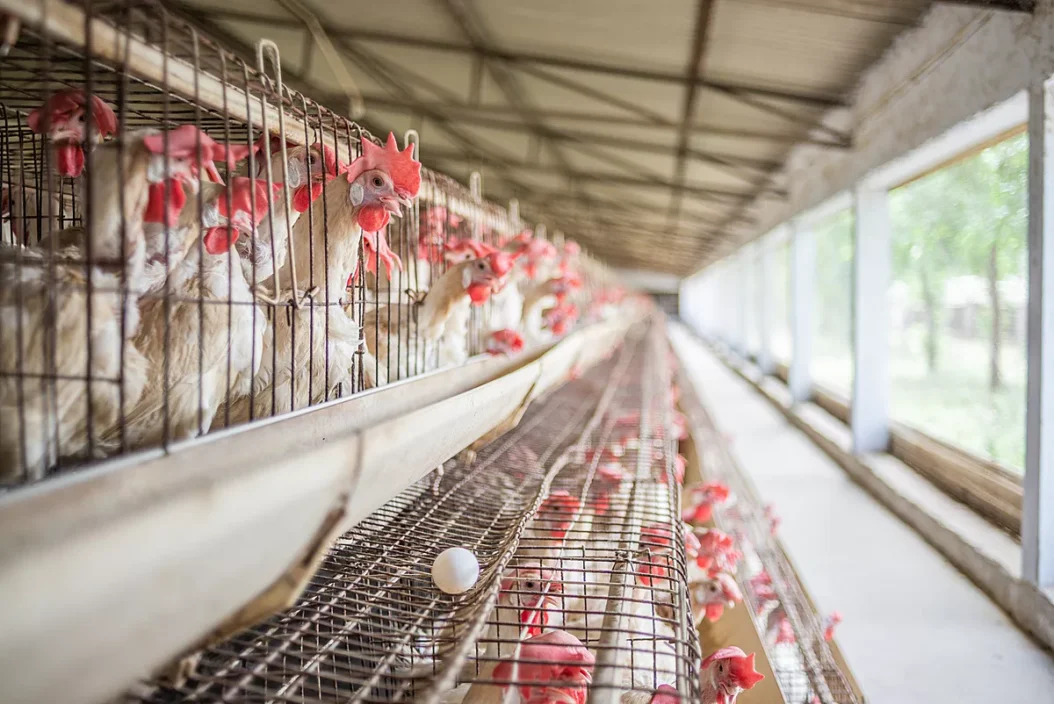Wishes of Massachusetts voters should no longer be thwarted, including by latest lawsuit filed by yet one more trade group working against animal welfare
Washington, D.C. — Animal Wellness Action and the Center for a Humane Economy are responding to news that pork processors have once again asked a federal court to prevent the enforcement of a law called Question 3 — a ballot initiative passed in 2016 with a 78% “yes” voted, with the measure passing with a majority in 348 of 351 towns. Question 3 requires that breeding sows, laying hens, and veal calves have sufficient space to move, and also that all pork, eggs, and veal sold in the state come from compliant farms, no matter where the animals are reared.
Question 3, like California’s Proposition 12, requires any pork sold in the state come from operations where pregnant sows are given room to stand up, sit down and turn around, rather than kept cruelly confined in immobilizing gestation crates.

“The voters of Massachusetts spoke with uncommon unanimity and passed a farm animal welfare measure at the same time they were deciding whether to elect Hillary Clinton or Donald Trump as president. It’s been that long,” said Wayne Pacelle, president of Animal Wellness Action and the Center for a Humane Economy and a key architect of the ballot measure.
“State officials should stop coddling pork producers or processors and other opponents of Question 3 that have filed a series of frivolous lawsuits to impede the law’s implementation. This is a matter that has been definitively settled by the U.S. Supreme Court, and implementation should be delayed not one more day,” he said.
Pork industry interests in the state had already filed a lawsuit against the Massachusetts Attorney General challenging Question 3 in 2022. In that case the parties agreed that a parallel ongoing legal proceeding against Prop 12 in the U.S. Supreme Court would largely decide the Question 3 challenge and entered into a stipulation agreeing to stay enforcement of Question 3 pending outcome of the Prop 12 litigation.
Despite the Supreme Court upholding Prop 12 in a June 2023 decision, that 2022 action is still pending as the Attorney General once againt voluntarily agreed to further delay its enforcement of Question 3 until August 23, 2023.
Now Triumph Foods and other pork producers have filed yet another lawsuit in the U.S. District Court for the District of Massachusetts generally raising the same issues litigated in the Prop 12 case and currently before the court on the 2022 Question 3 challenge.
Scott Edwards, general counsel for Animal Wellness Action, said, “We are confident that the new case brought to invalidate Question 3 will suffer the same unsuccessful fate as the many other legal challenges brought by an industry desperate to hold onto its fundamentally inhumane system of extreme confinement and factory farming.”
With the U.S. Supreme Court upholding California’s Proposition 12, the last legal roadblock for enforcement of Question 3 in Massachusetts was lifted.
The Attorney General’s office of Massachusetts needs to stop trying to placate an industry determined to continue, at any costs and in the face of overwhelming consumer sentiment, with its cruel confinement practices.
The industry’s determination was further reflected in recent legislation introduced in Congress where the EATS Act, S. 2019 and H.R. 4417, will not only gut Question 3 but also many other state agricultural laws and regulations. The bill would “nullify any state or local law that places any kind of standard, regardless of its impact, on agricultural exchange, whether grounded on concerns about animal welfare, food safety, chemicals, agricultural pests, or worker safety,” said Edwards.
Question 3, establishing minimal-care requirements for housing mother pigs, veal calves, and egg-laying hens raised in Massachusetts, also restricts the sale of whole pork meat, whole veal cuts, eggs, and egg products sold in Massachusetts, barring sale of those products if they come from farms relying on extreme confinement. While the requirements for veal, eggs, and egg products are already in effect, legislative amendments in late 2021 extended the effective date for whole pork meat requirements to Aug. 15, 2022.
Many U.S. companies and restaurants, including McDonald’s and Costco, have already promised their consumers that they will forbid sourcing pork or eggs from operations that confine the sows or hens in extreme ways.

